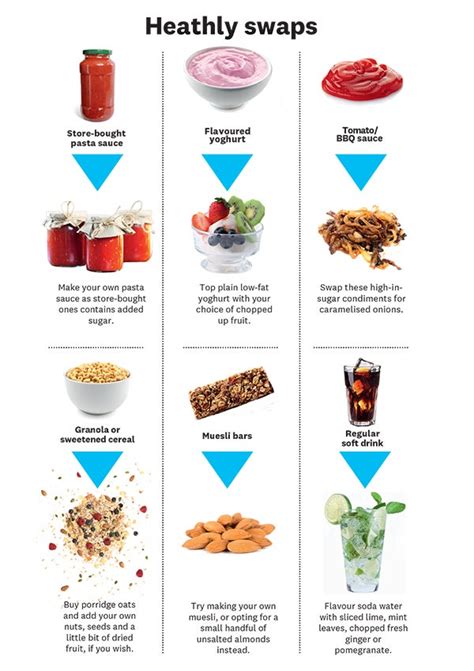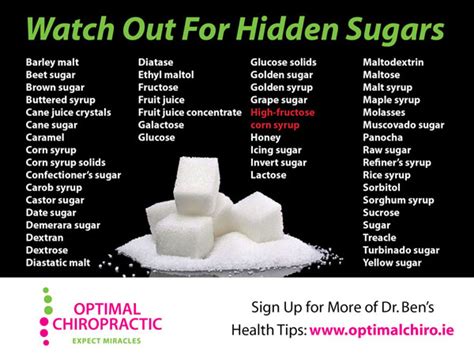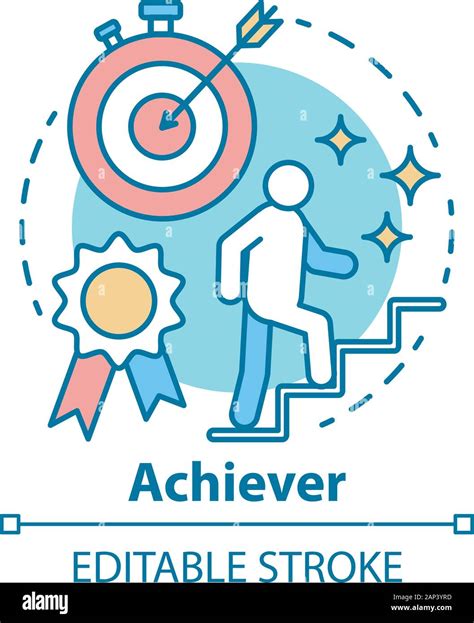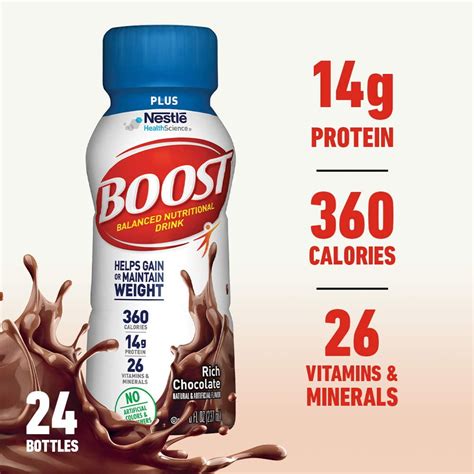How to reduce added sugar in daily diet?

Added sugars are ubiquitous in our modern diets, contributing to a range of health issues from weight gain and type 2 diabetes to heart disease. While natural sugars found in fruits and dairy are generally not a concern, it’s the hidden, added sugars in processed foods and beverages that pose a significant challenge. Taking steps to reduce your intake can lead to profound improvements in your energy levels, mood, and long-term health.
Understanding Added Sugars
Added sugars are sweeteners and syrups put into foods during processing or preparation, or added at the table. They differ from naturally occurring sugars because they offer little to no nutritional value. Common culprits include sucrose, high-fructose corn syrup, glucose, dextrose, maltose, and many more, often disguised under various names on ingredient lists.
Many people are surprised to learn just how much added sugar is in their daily diet. It lurks not only in obvious places like candies and sodas but also in seemingly healthy items such as yogurt, breakfast cereals, sauces, and bread. Becoming aware of these sources is the first crucial step towards reduction.

Practical Strategies to Cut Back
1. Read Food Labels Carefully
This is perhaps the most powerful tool in your arsenal. Look for the ‘Added Sugars’ line on the nutrition facts panel. The American Heart Association recommends no more than 6 teaspoons (25 grams) of added sugar per day for women and 9 teaspoons (38 grams) for men. Also, scan the ingredient list for sugar’s many aliases. Ingredients are listed in order of quantity, so if sugar or a sugar variant is near the top, that product is likely high in added sugar.
2. Ditch Sugary Drinks
Sugary beverages like sodas, fruit juices (even 100% juice can be high in natural sugars, but many have added sugar too), sports drinks, and sweetened teas are major sources of added sugar. A single can of soda can exceed your daily recommended limit. Opt for water, seltzer with a squeeze of lemon or lime, unsweetened tea, or coffee instead. Gradually reducing your intake can help your taste buds adjust.

3. Choose Whole, Unprocessed Foods
The simplest way to avoid added sugar is to base your diet around whole, unprocessed foods. Fresh fruits, vegetables, lean proteins, and whole grains naturally contain less (or no) added sugar. When you cook meals from scratch, you have complete control over the ingredients, including any sweeteners.
4. Be Wary of Condiments and Sauces
Ketchup, barbecue sauce, salad dressings, and marinades often contain surprisingly high amounts of added sugar. Always check labels and opt for low-sugar or homemade versions when possible. Apple cider vinegar, herbs, spices, and olive oil can make excellent, sugar-free dressing bases.
5. Find Healthy Sweet Alternatives
If you have a sweet tooth, try satisfying it with natural sweetness. Fresh fruits are packed with vitamins, fiber, and natural sugars, offering a much healthier alternative to processed desserts. Berries, apples, and bananas can curb cravings effectively. You can also sprinkle cinnamon or vanilla extract into foods to enhance their natural sweetness without adding sugar.

6. Gradually Reduce Your Intake
Cutting out sugar cold turkey can be challenging. Instead, try a gradual approach. Reduce the amount of sugar you add to coffee or tea by half, then by a quarter, until you no longer need it. Similarly, slowly transition from sugary yogurts to plain yogurt with added fruit. Your taste buds will adapt over time, and you’ll find naturally sweet foods more satisfying.
Benefits of Reducing Added Sugar
Lowering your added sugar intake can bring about numerous health benefits. You may experience more stable energy levels throughout the day, improved mood, clearer skin, and better dental health. Long-term, it can significantly reduce your risk of developing chronic diseases like obesity, type 2 diabetes, and heart disease. Many people also report weight loss and improved digestive health.

Conclusion
Reducing added sugar in your daily diet is one of the most impactful changes you can make for your health. It requires awareness, label-reading, and making conscious food choices. By implementing these strategies, you’ll not only improve your physical well-being but also cultivate a more mindful and balanced approach to eating. Start small, be consistent, and enjoy the sweet rewards of a healthier life.








